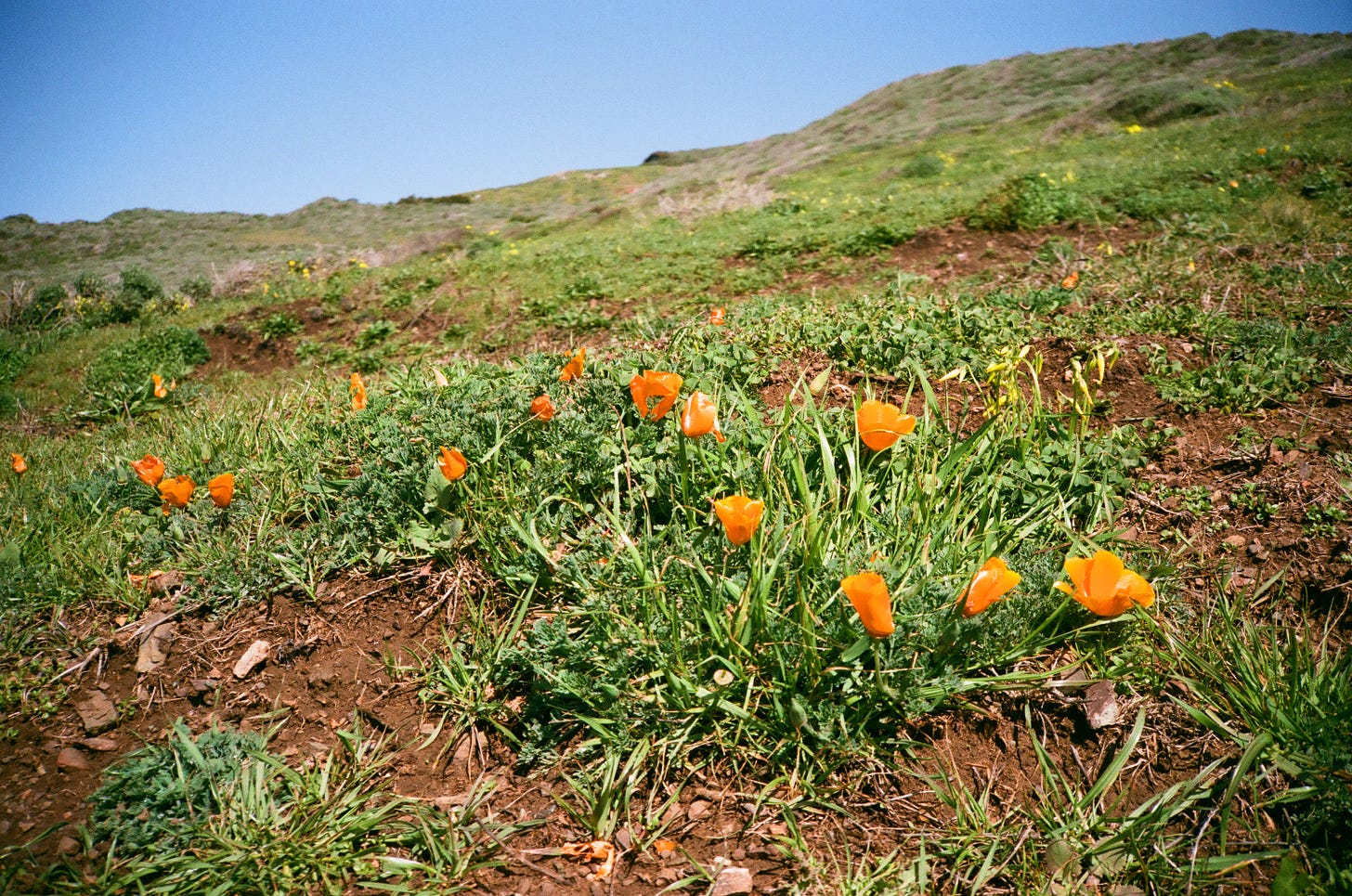Boundlessness
I believe in shape-shifting and surprises
Over the course of her one-hour performance, Iñupiaq rap artist AKU-MATU transforms into a bowhead whale, a polar bear, and an ancestor from the future. She becomes all these things and in her performance generously translates them to her audience. She connects with beings from this and other worlds and convenes us together on stage.
I wrote my college thesis about a mystic named Mirra Alfassa who claimed to have flown out of her body and above the midnight streets of Paris. She would hover there, night after night, and commune with the city’s energy. She connected in heart meditation with Parisians’ souls, not in a nefarious way but instead like a benevolent mother.
I studied this woman for the better part of a year. I remember sitting in the library engrossed in her journals, many of which were not essential to my project. I’d read about her mysticism and picture her there, hovering above Paris, transmitting sweet dreams into unwitting heads.
I never discussed that part of her life. Partially because I was pretending to be an academic researcher and it wasn’t relevant to my project. But I also didn’t talk about it because I didn’t want to admit that I found her visions to be perfectly acceptable. It wasn’t so unfathomable for me to believe she left her body and hovered in the sky. Perhaps I’d experienced tinges of it—without putting the feeling to words, I’ve encountered the limits of my selfhood that, when broached, call the entire order into question.
I’m no mystic but I don’t find it odd that Mirra Alfassa claimed to have flown above Paris. I don’t find it odd that AKU-MATU channels an ancestor from the future. The veil is thin and what is abstraction but an attempt to capture that which exists outside the bounds of normalcy? We dissolve and build bridges to encounter those truths that hover just outside our registers.
Western science has finally caught up with Roald Dahl in discovering that plants can talk. And why should Roald Dahl get the credit, when many Black, Brown, and Indigenous cultures have long practiced non-hierarchical modes of existing with nature on the basis of recognizing, in a sense, the humanity of plants?
Plants can talk and humans can fly. Our galaxy is on a crash course into Andromeda. I am but a product of my choices and it turns out, whatever limits I feel constricting me are often just creations in my brain.
I recently heard a definition of the word “recovery” as learning to live without that which you can’t live without. Although commonly applied in the context of addiction, it can serve any of us who decide to forego something we thought was essential to our functioning.
It’s in those moments that the veil feels most thin. When I give up something I thought was necessary to my identity, I discover my ability to transform.
I’m writing in abstraction because the specifics feel unimportant here. Whether it’s alcohol, reading, a loved one, or a recreational sports team is no matter. Recently I’ve found the details of my own life boring. After what feels like weeks, finally, tonight I could write again. And what I wrote about is the relief of encountering my potential to shape-shift. My ability to surprise myself.
It turns out I’ve been wrong all along. My identity is not tied to what I thought it was. Although it’s jarring to experience internal change and not be witnessed for it, the moments of invisibility are themselves instructive. Sometimes it takes being invisible to recognize what a gift it is to be seen.
In other news, the geese have returned to Anchorage. My cat wants to play outside. Maybe summer doesn’t mean what it used to mean. I’m still me, allowing myself to be curious, one 10 p.m. sunset at a time.
Also, Carrot has agreed to join the “Every street in Anchorage” project! Thanks for the comments on that post—I loved hearing about your goals. I’m not prepared to give an update right now but Carrot made a shared Caltopo map and it’s cute to log my walks and see Carrot’s walks appear magically on the screen.
I’m trying to be okay with feeling unmoored for a bit. I’m learning to be lost. I’m learning it can be liberating to speak in abstractions instead of trying to pin down each slippery feeling, especially in a public forum like this.
Thank you for reading! Catch you at the next one.
-Julia




When it comes to the recognition and honoring of mysticism, there is often an overcorrection in favor of "indigenous" spirituality because of colonialism. In the United States, it's certainly true that Native mysticism has often been mocked, vilified, outlawed, misunderstood, and ignored, but it's also true that European Americans descend from equally beautiful mystic traditions. To paraphrase Walt Whitman, every human culture contains multitudes of mysticism. And one of the great ironies and tragedies is that a mystic person can oppress the mystics of other cultures. But, throughout American history, it's also true that certain Jesuits have wonderfully blended their mysticism with Native American mysticism. One of the jokes I tell about a Jesuit friend, and that many other Indians tell about him, is that he's a better Indian than any of us. And, sometimes, we tell this joke in rooms filled with white Catholics where we might feel otherwise uncomfortable. I'm an atheist but I'm also a poet. I believe in the power and beauty of spiritual metaphors but I'm very suspicious of literalism. Can one be a secular mystic?